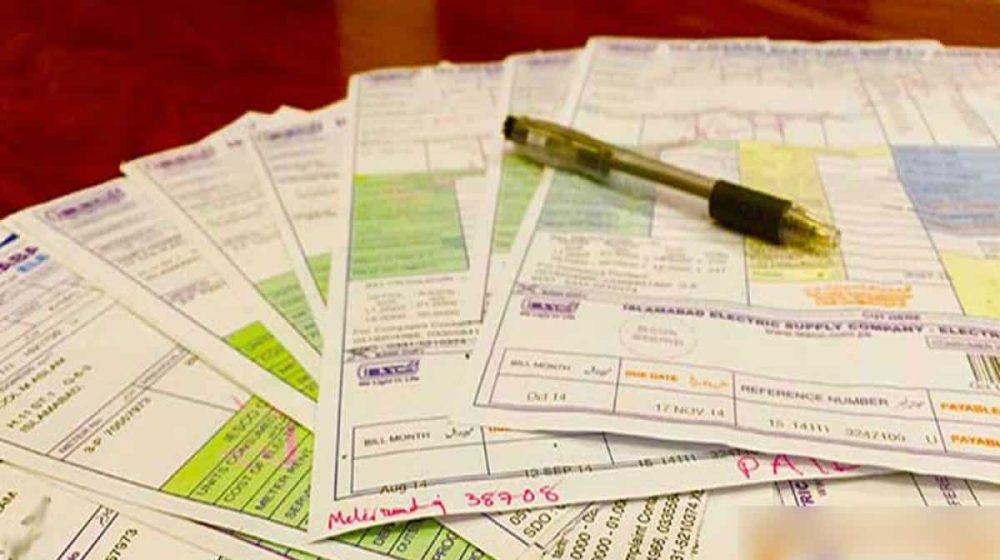
The Senate Standing Committee on Power met under the chairmanship of Azam Nazir Tarar on Friday to address the money-hungry power sector.
While addressing the committee, Caretaker Energy Minister Muhammad Ali revealed consumers were paying a monthly tax of Rs. 6 per unit, and said that eliminating indirect taxation by the Federal Board of Revenue (FBR) could potentially reduce tariffs. He said capacity charges constitute 60 percent of the energy bill, and the FBR collects Rs. 760 billion annually in taxes on electricity tariffs.
The committee discussed the use of solar panels and the overall renewable energy landscape of the country. Officials briefed the committee that the annual import of solar panels with a capacity of 2,000-3,000 MW is ongoing, but despite this, the utilization of renewable energy remains a challenge.
Discussions delved into the issue of electricity production and consumption, with officials providing insights. In winter, power consumption peaks at 13,000 MW while 6,000 MW is categorized as normal usage. In summer, the demand escalates to 30,000 MW.
The committee received a detailed briefing on the circular debt of the power sector, currently standing at Rs. 2.31 trillion. Despite a Rs. 300 billion increase this year, the committee was assured that the current level would be maintained once subsidy amounts were received.
Officials added that during the current financial year, the government has allocated Rs. 977 billion in subsidies.
Caretaker Energy Minister said the industry cannot move forward with the current rates of electricity, drawing attention to the challenges posed by the existing pricing structure. He underscored the financial burdens associated with fuel costs and transmission, urging a reconsideration of the tariff framework.
The minister stressed the importance of increasing electricity usage in the country and reducing government intervention in the power sector. He discussed challenges faced by the industry, including high electricity rates, fuel costs, and the need for changes in the tariff structure.
The minister also addressed concerns about contracts with Independent Power Producers (IPPs) and said there was a need to review and revise agreements to benefit the export industry and consumers.
He explained the decision to provide power to the export industry at 16 cents, highlighting the competitive edge it would afford, especially in comparison to the 9 cents enjoyed by the export industry in the region.
In a subsequent interaction with journalists at Parliament House, the minister clarified that the ministry has no role in over-billing consumers. He attributed the issue to technical reasons and highlighted the recent empowerment of DISCOs’ officers to file FIRs against electricity thieves.
He further urged collective efforts to improve governance, emphasizing that enhanced governance across all institutions could contribute to reducing power costs.